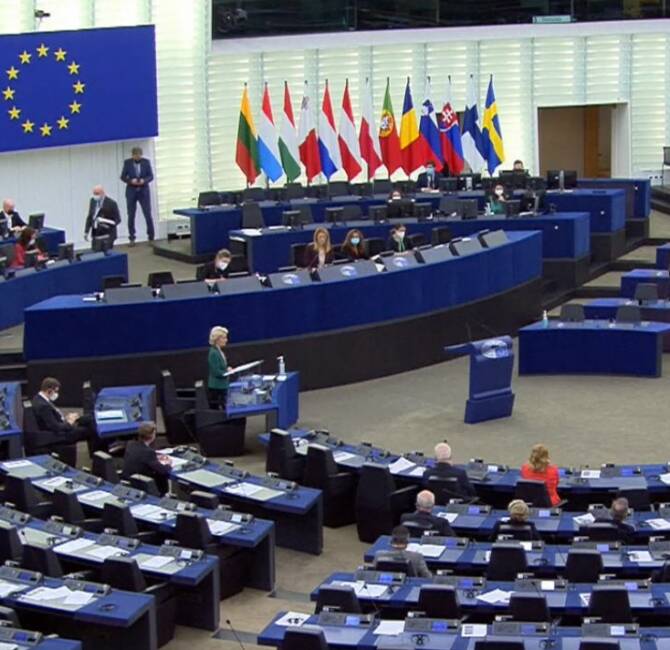Czechia – Following the National Bank of Poland, which raised its benchmark interest rate from 0.5% to 1.25% on 3 November, the Czech National Bank announced on 4 November that it is raising its key interest rate from 1.5% to 2.75%. This 125-point rise is the biggest increase in Czechia in the last 24 years. An increase was expected, but its magnitude took most experts by surprise.
Poland, Hungary, and Czechia can still conduct their own monetary policies
The value of the Czech koruna went up slightly after the decision to raise interest rates was announced, with the euro trading at 25.24 koruna on Friday, 5 November, compared with 25.75 koruna on 28 October. As a result of this decision, the Czech key policy rate is now the highest in the European Union.
According to analysts, interest rates should be expected to be raised further in the coming weeks and months as Poland and Hungary, the Czech Republic’s two V4 partners who also still use national currencies, are likewise currently following a similar monetary policy. The rate hike is aimed at curbing inflation, which was 4.9% year-on-year in September in the Czech Republic. Czech Central Bank Governor Jiří Rusnok said at a press conference that the aim was to quickly bring the inflation rate down to around 2%.
As Poland, the Czech Republic, and Hungary are not members of the eurozone, they still have their own monetary policy instruments that allow them some room for manoeuvre in periods of inflation, as has been the case for the last several months. In these countries, the trend in rates is upwards and marks a break with the policy of monetary expansion conducted during the health crisis.




